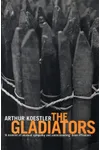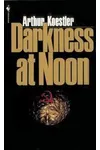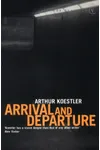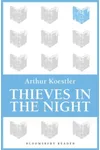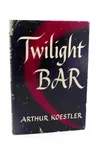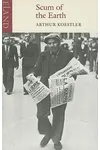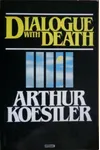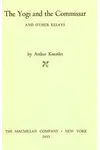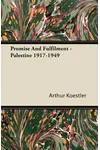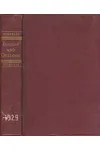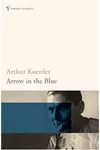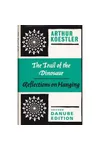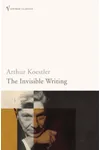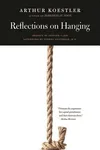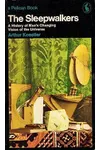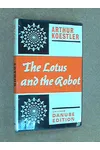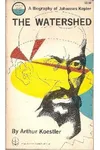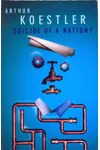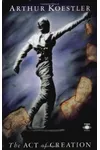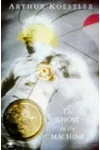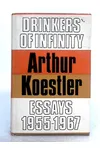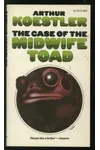Picture a Hungarian-born intellectual who turned the horrors of totalitarianism into a literary masterpiece—meet Arthur Koestler! Born in 1905, Koestler lived a life as gripping as his novels, navigating war, imprisonment, and exile to become one of the 20th century’s most thought-provoking writers. His sharp prose and fearless exploration of human nature still captivate readers today.
The Making of Arthur Koestler
Arthur Koestler was born in Budapest, Hungary, to a Jewish family. His early years were marked by the turmoil of World War I and the collapse of the Austro-Hungarian Empire. After studying engineering in Vienna, Koestler’s restless spirit led him to journalism. By the 1920s, he was reporting from the Middle East and Europe, rubbing shoulders with revolutionaries and intellectuals. His brief flirtation with communism in the 1930s—and subsequent disillusionment—shaped his worldview and fueled his writing career.
Arthur Koestler’s Unforgettable Works
Koestler’s most famous novel, Darkness at Noon (1940), is a chilling exposé of Stalinist purges, following a Bolshevik prisoner grappling with betrayal and ideology. Its taut, psychological depth made it a global sensation. The Gladiators (1939) reimagines the Spartacus revolt, probing the clash between ideals and power. His memoir, Scum of the Earth (1941), recounts his harrowing escape from a French internment camp, blending raw emotion with razor-sharp insight. Koestler’s style—crisp, introspective, and unflinchingly honest—tackles big questions about morality, freedom, and the human condition.
Later works like The Act of Creation (1964) showcase his versatility, diving into the science of creativity and human innovation. Whether crafting fiction or essays, Koestler had a knack for blending personal experience with universal truths, making his stories resonate across generations.
Why Arthur Koestler Matters
Koestler’s work remains a beacon for those wrestling with the complexities of ideology and power. Darkness at Noon is a timeless warning against authoritarianism, influencing thinkers like George Orwell. His ability to weave personal struggle into broader philosophical debates cemented his place in literary and intellectual history. Today, Koestler’s books inspire readers to question dogma and embrace critical thinking.
- Born: September 5, 1905, Budapest, Hungary
- Key Works: Darkness at Noon, The Gladiators, Scum of the Earth
- Notable Fact: Koestler was nominated for the Nobel Prize in Literature multiple times.
Snag Darkness at Noon and dive into Arthur Koestler’s gripping world of ideas and intrigue!
